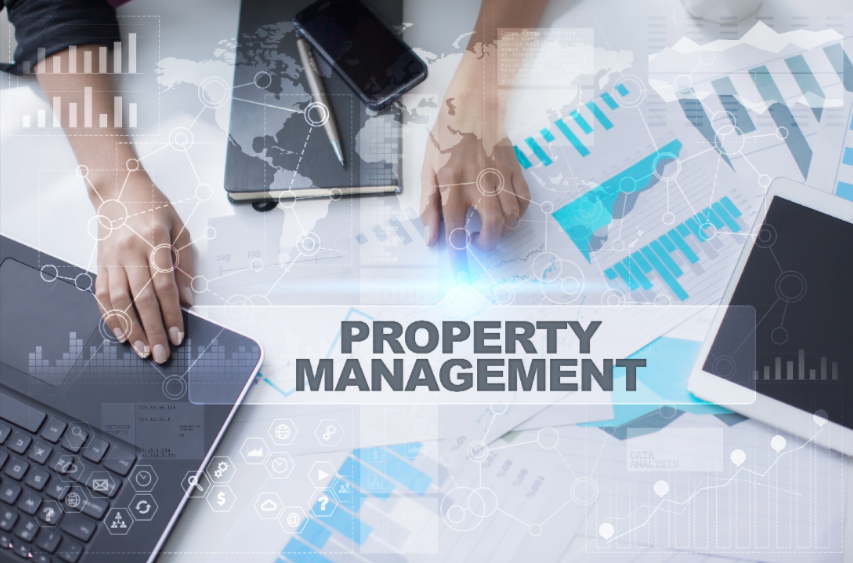Tax season is no one’s favorite time of year. When you own rental properties, it’s even more stressful.
Rental property taxes are complex and time-consuming. Beyond diligently tracking your rental expenses and income, you should also spend time determining which deductions you qualify for.
Some of the best deductions for landlords can save you hundreds of dollars in taxes each year. You don’t want to pass up the chance to save money, but you have a lot of other tasks on your plate.
That’s where property management software comes into play. With a software tool’s assistance, you can better organize, analyze, and export your financial data come tax season.
Here are a few ways property management software helps you tackle your taxes.
Expense Tracking
Landlords have many kinds of expenses. Not only do you need to spend money to maintain your properties, but you also have expenses for insurance, property management, meals and travel, application fees, employee compensation, evictions, legal and professional services, and more.
The good news is that almost every expense related to your rental activity has a deduction associated with it. This means you can deduct most costs from your rental income and pay less tax.
Property management software helps you keep track of these deductions with expense tracking. This feature allows you to not only record your expenses, but also categorize them into groups based on IRS categories.
Later, when it’s time to list your rental expenses on Schedule E (IRS Form 1040), you’ll already have your expenses sorted into repairs, improvements, operating expenses, capital expenses, etc.
You can even deduct the subscription fees for your property management software!
Automatic Bank Reconciliation
Automatic bank reconciliation is another worthwhile feature of your property management software. Proofreading is of the utmost importance when filing your taxes. Even small ledger mistakes can lead to frustration or even fees.
Property management software can keep your records accurate by cross-referencing them with your bank account. By ensuring they match, you can catch mistakes or unexpected transactions before you file your tax return.
QuickBooks Integration
QuickBooks is a software application for managing business finances. If you, like many landlords, use QuickBooks for your rental bookkeeping, you know how useful software can be compared to manual accounting.
Fortunately, you don’t have to give up QuickBooks to use property management software. In fact, many platforms offer integrations with QuickBooks. You can use both tools, and any external tax preparation software you use, to export your financials and prepare for tax season.
Financial Reporting
Before you file with the IRS, you need a general idea of the health of your business. This includes the total revenue and losses of the year. Property management software makes this possible with financial reporting.
With property management software, you can generate insightful financial reports such as profit/loss (P/L) reports. You can also customize the information you need and consolidate it in an easy-to-read report.
By staying updated about the current financial health of your company, you can make better decisions about which deductions should be prioritized.
Tax Form Auto-Generation
Property management software also helps you complete certain tax forms.
AppFolio, for example, autogenerates 1099 and 1099-NEC forms. These forms can be sent to owners electronically directly on the platform, saving you the time and effort of creating and distributing them yourself.
Monitor and Organize Invoices
You can get better tax deduction deals when you closely monitor and organize your invoices. Why is this? Because the terminology used in an invoice often dictates what kind of expense the IRS decides it will be.
For example, let’s say you hire a contractor for some maintenance work. If your contractor describes the task as a repair, it’s most likely fully deductible. However, if they use language implying that the task was more of an improvement to your property, you might not be able to deduct it.
Separating repairs and improvement invoices is one way to ensure the IRS agrees with your categorizations. You can do this on your rental software account. By tracking, storing, and sorting your invoices on the platform, you can be sure to get the deductions you’re planning on claiming.
Conclusion
Rental property taxes are no easy task, so you need all the help you can get. In addition to hiring a tax expert or using tax preparation software, you can prepare for taxes all year long by using property management software.








